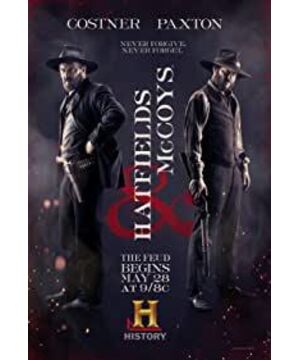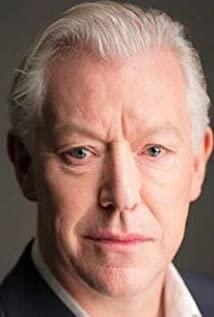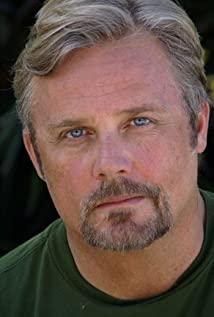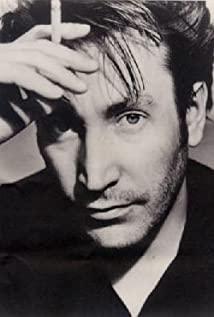Blood Feud is based on the true story of two families, the Heifetz family in West Virginia and the McCoy family in Kentucky, separated by a river. The geographical features in the play will give people the illusion that this is a Western movie, but in fact West Virginia is in the northeastern United States, Kentucky is in the west of it and in the middle east. There are cavalry, cowboy hats, bounty hunters, and magnificent natural landscapes, but it is not a traditional western legend. There are untamed wilds, but there are no desolate deserts and sandstorms, no heroes, and no inspiration. legend.
The Heifetz family, headed by "Demon" Anse Heifetz, is more pragmatic in concept. Anse escaped from the battlefield of the Civil War and ran a timber business, which made a lot of money. The McCoy family, headed by Randall McCoy, are devout Christians and abide by their duties. Randall returned from the battlefield and continued farming. One is a wise pragmatist and the other is a devout Christian. When disputes arise, the pragmatists are no longer pragmatic, and the Christians give up their beliefs and fall into the abyss of doom together. Rationality takes a back seat, blind irrationality takes the upper hand in the battle, and everyone believes that their decisions are irrevocably necessary. Together they wrote the most famous family conflict in American history with pointless gunshots and a pile of bones.
Like all true stories that are more dramatic than fiction, there is a Shakespeare-esque rose love in this history of guns. Randall's eldest daughter fell in love with Anse's eldest son, and like their family's tragedy, it ended tragically. If this is the case, it may be a love tragedy like the story of Romeo and Juliet. The eldest son of Anse later married another girl of the Randall family, Nancy, which almost completely destroyed his love with the eldest daughter of Randall. Nancy doesn't love him, she just uses him to avenge her father.
The eldest son of Anse is like a lost lamb, not loyal to the family, not loyal to love. In the killing of members of the Randall family by his family, he was in the queue, but deliberately missed; in the emotional process, he was also completely lost, and his love with Randall's daughter had no good end, and Nancy's Experience, like a played clown. Nancy has no love in her heart, hangs out with men, and takes advantage of them. These descendants of the family, whose fate was held hostage by the family, could not help themselves, stagger forward, grow up, and step into the blood maze created by their ancestors. Against the murky background of family disputes, the roses they plant either wither or become tainted with dirty conspiracies.
The director's presentation of the two families has no obvious preference for either family, and has basically reached a balance. Anse fled the battlefield, saying that he did not fight for an inexplicable civil war, but only for his homeland, and then he did fight for his family for many years. Ironically, he finally found out that it was an equally inexplicable struggle. At the end of the play , he was baptized and became a Christian. In an interview, Kevin Costner, who plays Onse, mentioned Pakistan, Afghanistan, and in today's world, wars and killings are still going on. "Blood Vengeance" is very capable. It only tells the cruel and bloody history, and sees the world through the small holes of the story. The needless guns and guns have never disappeared. This somewhat stupid legend of blood and tears reflects the contradictions that cannot be eliminated in the human world.
■ "Beijing Youth Daily"
View more about Hatfields & McCoys reviews











